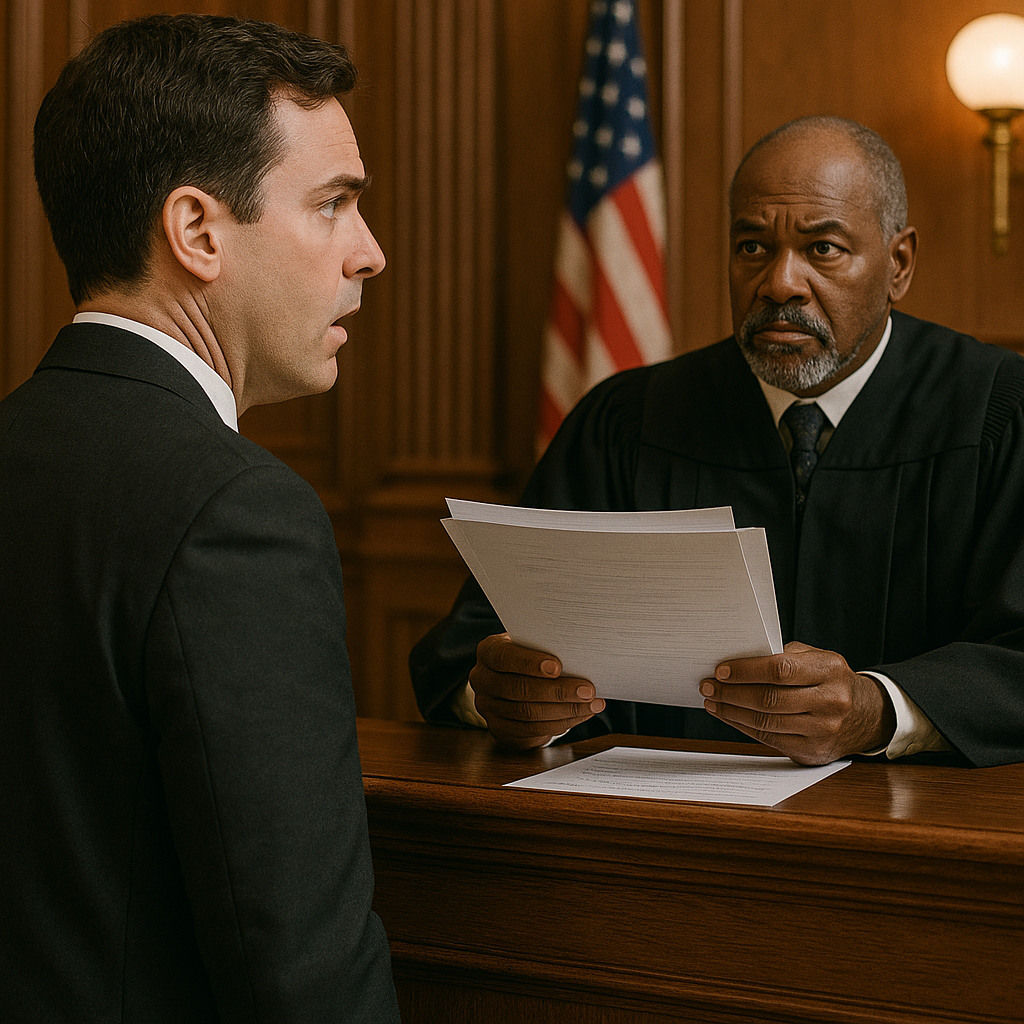HAAG’s chief engineer and owner, Tim Marshall, made at least 25% of his personal income from State Farm and was designated as an "impartial" appraiser. If you were his mother, sister or relative, would you think somebody making 25% of their income from another party was "impartial?" Just apply the Golden Rule when thinking about these issues.
I raise this this because many public adjusters and policyholders want to pay their appraisers on a contingency fee basis. What would happen if the insurance companies paid their appraisers on a contingent savings basis? Why can’t Tim Marshall and others with his company that market almost exclusively to insurance companies be biased for insurers acting as their biased appraisers?
If you show up at the TAPIA conference this Friday, you will find out the entire story. Here is where you can register for the TAPIA conference and do not miss the cocktail party the night before, which the Merlin Law Group is sponsoring—I will add some free premium brands to those that mention this blog—just say "HAAG Merlin Blog."
A central issue in Holt v. State Farm Lloyds1 was whether HAAG and Tim Marshall were impartial appraisers. The court noted the following test as a general rule:
[t]he mere fact that one appointed by the insurer as an appraiser … has acted in a similar capacity on other occasions for the insurer, … does not, as a matter of law, disqualify such appraiser or warrant the setting aside of the award…. the prior service of an appraiser for the party appointing him is a circumstance to be taken into consideration, together with the other surrounding circumstances, in determining whether an appraiser is sufficiently disinterested and impartial to qualify as a competent appraiser.
HAAG is anything but disinterested and impartial. Their reputation as a company is that they are insurance company experts and have been terminated by the largest personal lines American insurance company –wonder why?
The significant part of the case I am discussing found as follows:
"According to the insurance contract in this case, after either party makes a written demand for appraisal, the next step is for each party to “select a competent, independent appraiser.”…After Mr. Holt invoked the appraisal process, State Farm sent him a letter confirming that the dispute would be set for appraisal and defining these terms as follows: “The appraisers should be competent with respect to identification of the damage and independent insofar as the appraisers are unbiased and free of control to arrive at their own evaluation of the loss.” …Mr. Holt alleges that State Farm engaged in fraud by failing to select an independent appraiser. Specifically, Mr. Holt claims that State Farm selected Tim Marshall of Haag Engineering as its appraiser without informing him that both Tim Marshall and Haag Engineering routinely served as appraisers for State Farm and that had he been aware of this fact, he would not have agreed.
Because more than one-quarter of Mr. Marshall’s income came from appraisal work done for State Farm, this Court cannot find that there is no genuine issue of material fact as to whether he was “unbiased and free of control to arrive at [his] own evaluation of the loss.” As the Texas Commission of Appeals held in Pennsylvania Fire Insurance Co ., the question of Mr. Marshall’s impartiality is best left to a jury, and therefore Defendant’s Motion for Summary Judgment with respect to State Farm’s choice of appraiser is DENIED.
There is a lot more to be learned by this case. But, you will have to show up on Friday to hear why.
If this post and the invite to the cocktail party is not an ultimate teaser, I do not know what is. Look forward to seeing you in San Antonio.
Positive Thought of the Day
"If honor were profitable, everybody would be honorable."
—Thomas Moore
1 Holt v. State Farm Lloyds, No. CA 3:98–CV–1076, 1999 WL 261923 (N.D. Tex. April 21, 1999).




